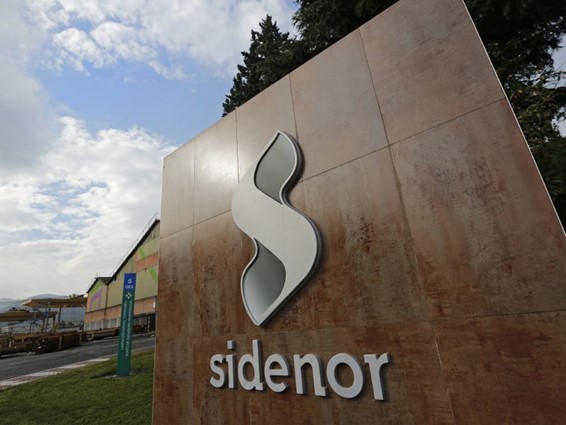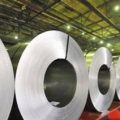THE INDUSTRY WILL NOT SURVIVE NEXT YEAR WITH THE CURRENT COSTS, ACCORDING TO SIDENOR
Aluminium is the metal that consumes the most energy to manufacture and it already costs the same per tonne of aluminium as the electricity needed to produce it. Precisely, the head of the manufacturer of special steels, the president of Sidernor, José Antonio Jainaga has stated that with the current rates the companies in the sector will not be able to hold out for more than six months.
The price of primary aluminium has increased by almost 54% so far this year, a rise that has accelerated in recent months as electricity prices have soared across the European continent. To produce one tonne of aluminium the factories consume about 14 megawatt hours, an intensity equivalent to the consumption of an average UK household for 3 years.
To understand the current situation, we must analyze the average electricity prices that are being paid at this time in Spain, producing a ton of aluminum involves a cost of 2,800 euros in electricity alone, almost everything that would get a factory to enter the sale of metal at current prices on the London Metal Exchange, about $ 3,040 at this time. Industry buys 90% of its energy on the wholesale market, which aggravates the problem of the cost of electricity.
That is why there is hardly any margin left. A delicate situation that has forced some metal factories to stop due to high electricity prices. The Basque steelworks Sidenor has announced the stoppage of its activity due to the exorbitant price of electricity, which has caused an increase of 25% in the company’s production costs. The Basque steel company is currently paying 260 euros per mwh, when last year it did not reach 60 euros per mwh.
In this context of an exorbitant increase in electricity prices, with an impact on their production costs of more than 200 € per ton, it is impossible for Sidenor to maintain the current rate of production, so they will stop the activity for 20 days, that is 30% of the scheduled production days, from now until December 31st of this year.
With this decision, Sidenor is trying to limit the tremendous impact of the high cost of electricity on its activity. A measure that does not solve the underlying problem, given the current situation of uncontrolled electricity prices. In addition, EU policy, which has withdrawn duties from the market, has pushed up prices and promoted speculation. In Europe, two thirds of steel production is obtained by blast furnaces, which are much more polluting than electric furnaces.













